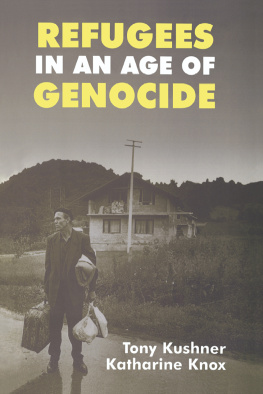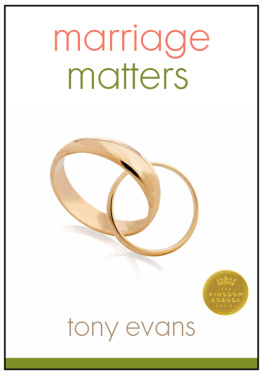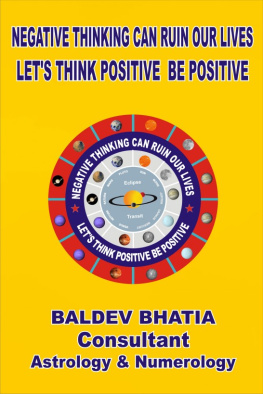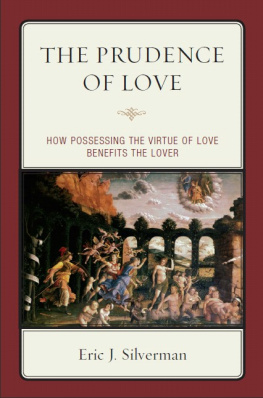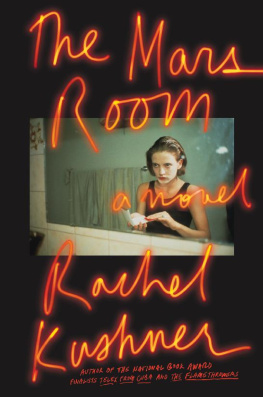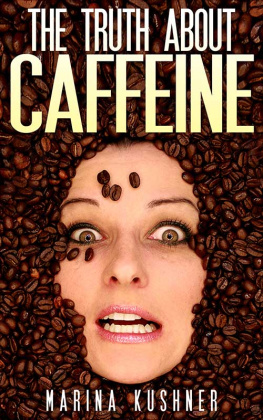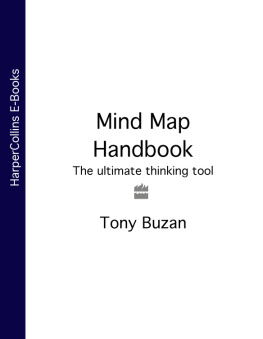Tony Kushner - Thinking About the Longstanding Problems of Virtue and Happiness
Here you can read online Tony Kushner - Thinking About the Longstanding Problems of Virtue and Happiness full text of the book (entire story) in english for free. Download pdf and epub, get meaning, cover and reviews about this ebook. year: 2012, publisher: Theatre Communications Group, genre: Politics. Description of the work, (preface) as well as reviews are available. Best literature library LitArk.com created for fans of good reading and offers a wide selection of genres:
Romance novel
Science fiction
Adventure
Detective
Science
History
Home and family
Prose
Art
Politics
Computer
Non-fiction
Religion
Business
Children
Humor
Choose a favorite category and find really read worthwhile books. Enjoy immersion in the world of imagination, feel the emotions of the characters or learn something new for yourself, make an fascinating discovery.

- Book:Thinking About the Longstanding Problems of Virtue and Happiness
- Author:
- Publisher:Theatre Communications Group
- Genre:
- Year:2012
- Rating:3 / 5
- Favourites:Add to favourites
- Your mark:
- 60
- 1
- 2
- 3
- 4
- 5
Thinking About the Longstanding Problems of Virtue and Happiness: summary, description and annotation
We offer to read an annotation, description, summary or preface (depends on what the author of the book "Thinking About the Longstanding Problems of Virtue and Happiness" wrote himself). If you haven't found the necessary information about the book — write in the comments, we will try to find it.
Tony Kushner: author's other books
Who wrote Thinking About the Longstanding Problems of Virtue and Happiness? Find out the surname, the name of the author of the book and a list of all author's works by series.
Thinking About the Longstanding Problems of Virtue and Happiness — read online for free the complete book (whole text) full work
Below is the text of the book, divided by pages. System saving the place of the last page read, allows you to conveniently read the book "Thinking About the Longstanding Problems of Virtue and Happiness" online for free, without having to search again every time where you left off. Put a bookmark, and you can go to the page where you finished reading at any time.
Font size:
Interval:
Bookmark:
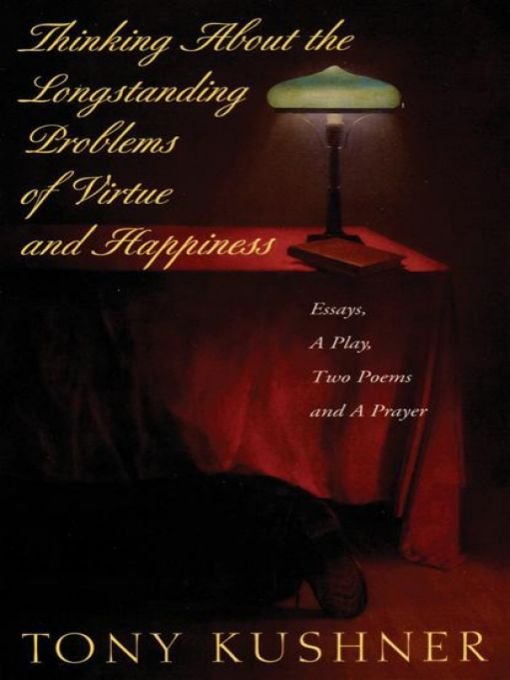
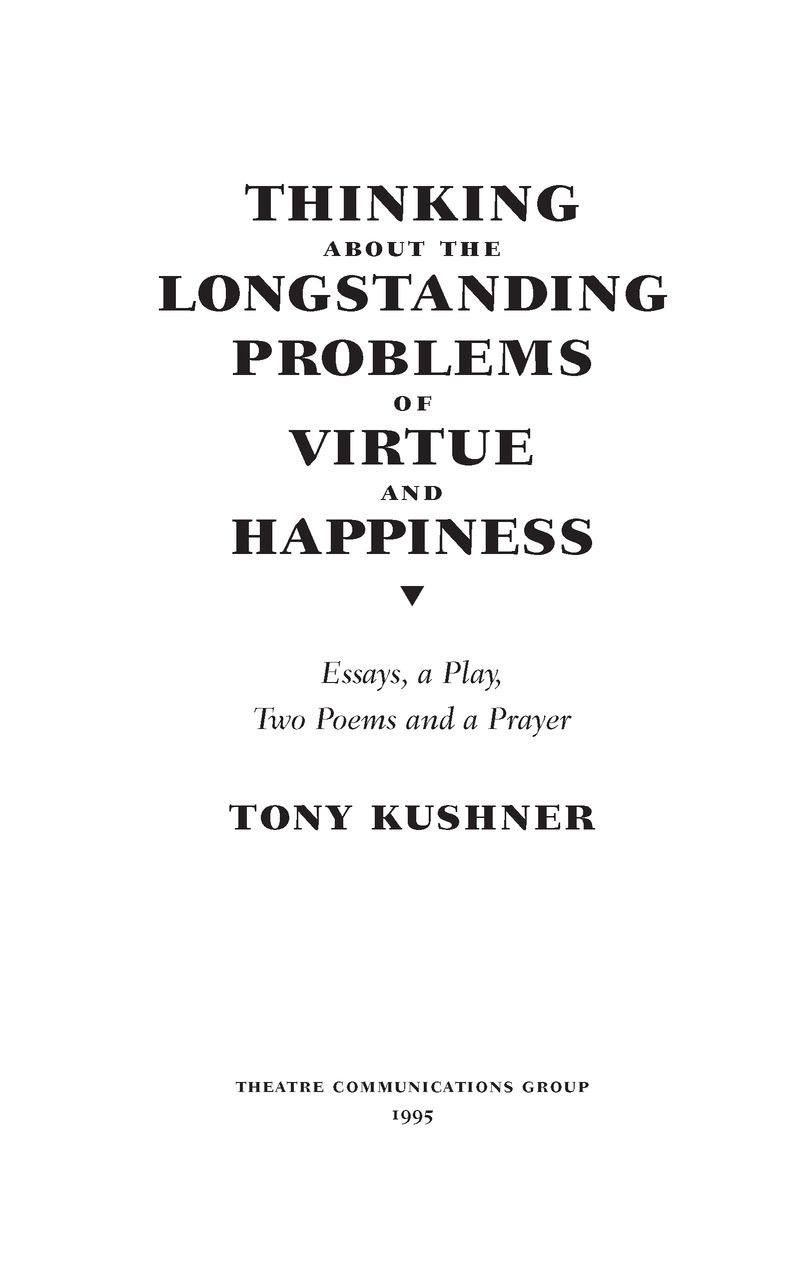
MILLENNIUM APPROACHES
PERESTROIKA
Sylvia Deutscher Kushner.
And in that knowledge swear my knowledge bound
In all things constant, never more to show
Its head in any transience it has found:
When pride of knowledge, frames of government,
The wrath of justice gagged and greed in power,
Sure good, and certain ill, and high minds bent
On destiny sink deathward as this hour:
When deep beyond surmise the driven shade
Of this our earth and mind my mind confirms,
Essence and fact of all things that are made,
Nature in love in death are shown the terms:
When, through this lens, Ive seen all things in one,
Then, nor before, I truly have begun.
Sonnets
Font size:
Interval:
Bookmark:
Similar books «Thinking About the Longstanding Problems of Virtue and Happiness»
Look at similar books to Thinking About the Longstanding Problems of Virtue and Happiness. We have selected literature similar in name and meaning in the hope of providing readers with more options to find new, interesting, not yet read works.
Discussion, reviews of the book Thinking About the Longstanding Problems of Virtue and Happiness and just readers' own opinions. Leave your comments, write what you think about the work, its meaning or the main characters. Specify what exactly you liked and what you didn't like, and why you think so.

